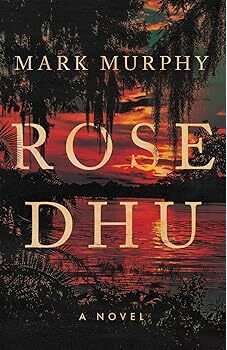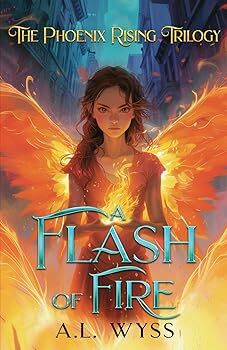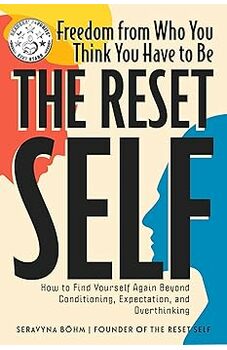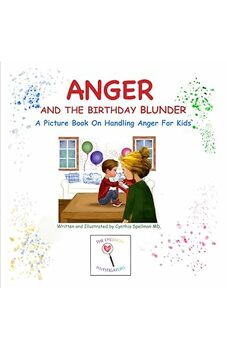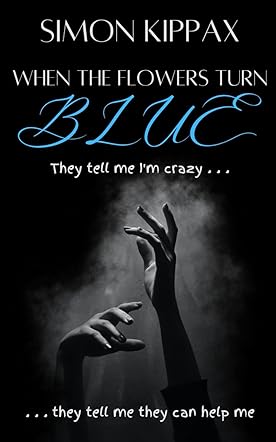Reviewed by K.C. Finn for Readers' Favorite
When the Flowers Turn Blue is a work of fiction in the slice-of-life, interpersonal drama, and psychological fiction genres. It is best suited to mature readers owing to some sexual content and moderate use of adult language. Penned by author Simon Kippax, this gripping tale is set inside the complex facility of a women's mental health institute. The story begins with the tragic death of a woman's father and unfolds with the arrival of a new patient at the Corrigan Care Centre. The novel delves into the lives of the residents, revealing their backstories filled with trauma and hope. Kippax's descriptive writing vividly captures the emotions and dynamics within the institute, making this a compelling and hard-hitting narrative about love, family, trauma, and loss.
Author Simon Kippax has a natural sense of drama and brilliant pacing that offers readers an intense and immersive novel filled with realistic tension. The descriptive and detailed writing around the setting and ensemble characters of the piece paints a vivid picture of life inside the Corrigan Care Centre, making the emotions of the characters deeply palpable with realistic attitudes clearly shaped by the pressures both staff and patients find themselves under. The novel's opening immediately drew me in with an impactful and truthful narration of the experience of grief, setting a tone of profound loss and trauma that prepares us to feel a mixture of empathy and sorrow for the patients, each with their own equally heartbreaking backstory. Kippax's ability to convey the foggy, often misunderstood world of mental health was both enlightening and poignant, and this sensitive topic is broached with clarity and compassion throughout. The exploration of dark themes was balanced with moments of hope and compassion, making it a powerful reflection of how we treat one another when we need help the most. Overall, When the Flowers Turn Blue is a well-written, emotionally rich novel that left a lasting impact on me, and I’d certainly recommend it to fans of poignant, realistic drama everywhere.
